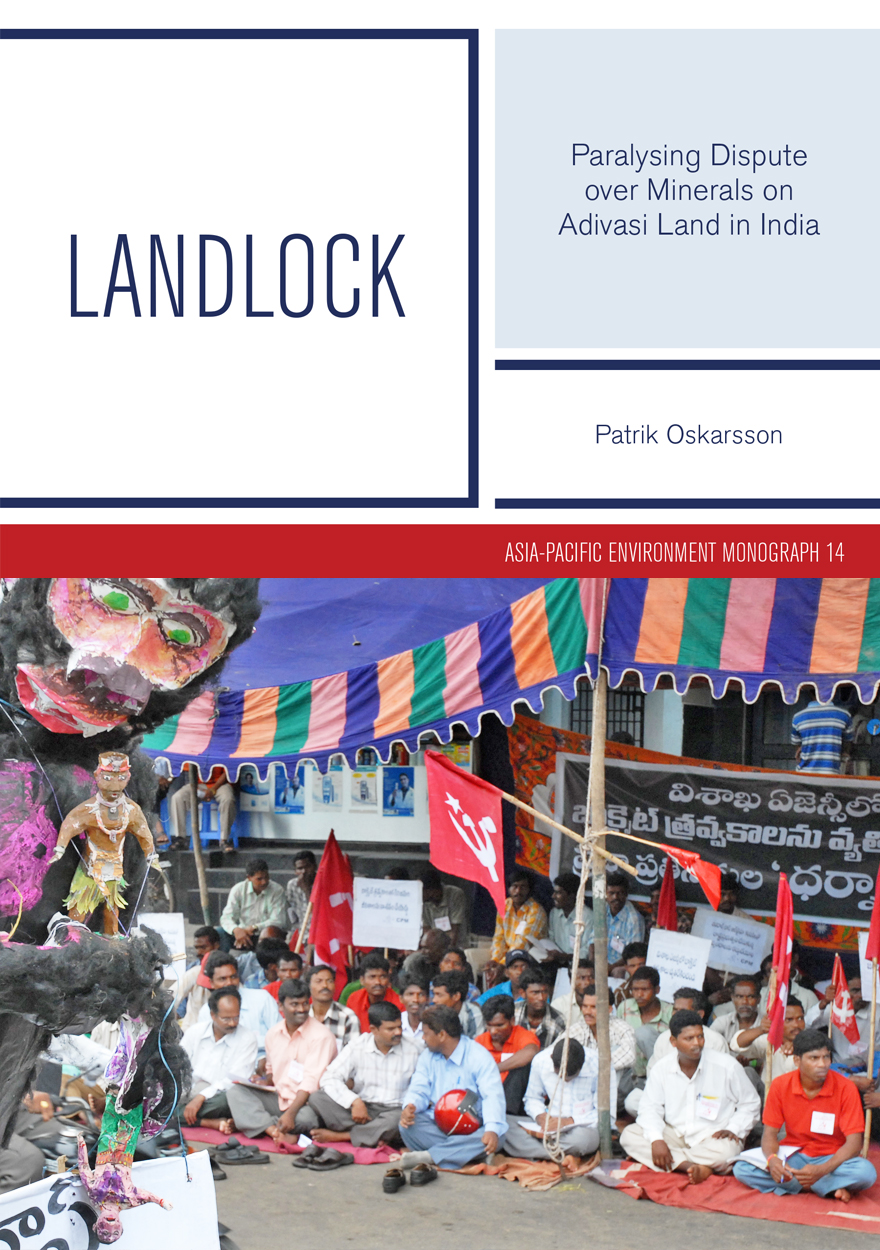Paralysing Dispute over Minerals on Adivasi Land in India
Publication date: September 2018
Landlock: Paralysing Dispute over Minerals on Adivasi Land in India explores the ways in which political controversy over a bauxite mining and refining project on constitutionally protected tribal lands in Andhra Pradesh descended into a state of paralysis where no productive outcome was possible. Long-running support for Adivasi (or tribal) land rights motivated a wide range of actors to block the project’s implementation by recourse to India’s dispersed institutional landscape, while project proponents proved adept in proposing workarounds to prevent its outright cancellation. In the ensuing deadlock, the project was unable to move towards completion, while marginalised Adivasi groups were equally unable to repossess their land. Such a ‘landlock’ is argued to be characteristic of India’s wider inability to deal with conflicts over land matters, despite the crucial importance of land for smallholder livelihoods and various economic processes in an intensely growth-focused country. The result has been frequent yet grindingly slow processes of contestation in which powerful business and state interests are, at times, halted in their tracks, but mostly seem able to slowly exhaust local resistance in their pursuit of large-scale projects that produce no benefits for the rural poor.




